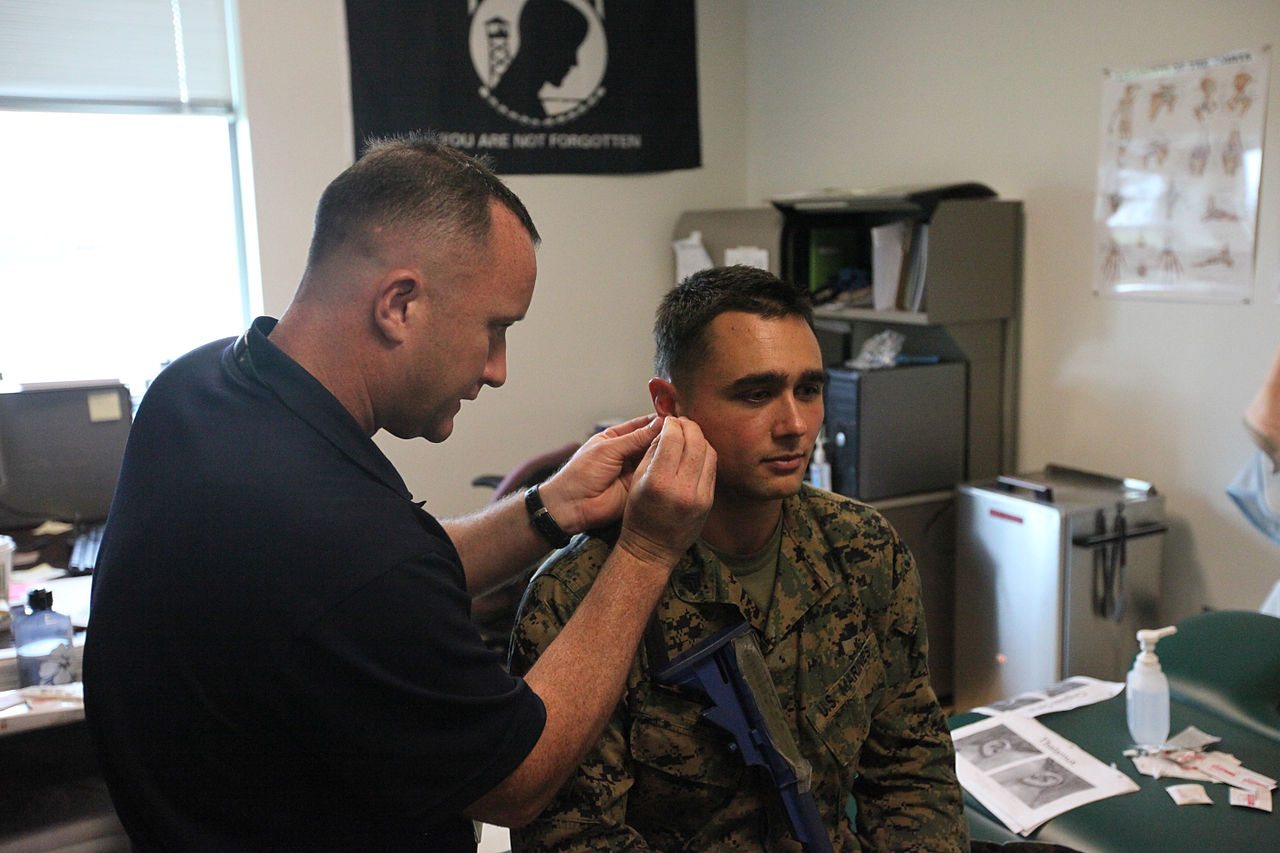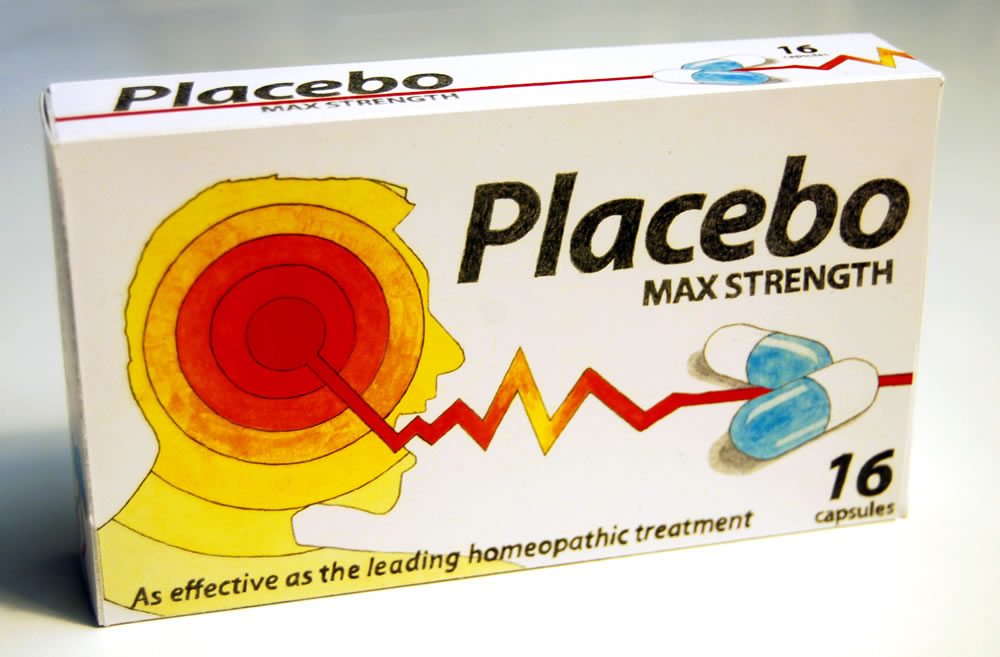Reassessing whether low energy electromagnetic fields can have clinically relevant biological effects
It is with some trepidation that I write this, given that I realize this post might lead to charges that I’ve allowed myself to become so open-minded that my brains fell out, but I think the issues raised by what I’m about to discuss will make our readers think a bit—and perhaps spark some conversation. Because I’m in a bit of a...
Podcast Interlude
I’m traveling this week, checking out pharmacy practice internationally, and looking for signs of science-based medicine. Instead of a post, here are the links to two podcasts I recently recorded that will be of interest to SBM readers. Sit back, press play, and enjoy. Point of Inquiry: Dispensing Skepticism I recently spoke with Karen Stollznow for the Point of Inquiry podcast. This...
Aspirin Risks and Benefits
A new review published in The BMJ once again opens the question of the risks vs benefits of daily aspirin as a prevention for heart attacks and strokes. The reviewers looked at nine randomized trials involving over 100,000 patients and found that aspirin is effective in reducing heart attacks and strokes, but also increases the risk of gastrointestinal bleeding and that in...
NIH Director Francis Collins doesn’t understand the problem with CAM
As the sole cancer surgeon among our stable of Science-Based Medicine (SBM) bloggers, I’m probably the most irritated at the infiltration of pseudoscience into academia (or, as we sometimes like to call it, quackademic medicine) in the realm of cancer. Part of the reason, of course, is that cancer is so common and that the consequences of adding pseudoscience to cancer therapy...
The New England Journal of Medicine Sinks a Bit Lower
I suppose it was bound to happen, but it still rankles. Here is the back cover of last week’s issue of the decreasingly prestigious New England Journal of Medicine: Here’s the front cover: It’s the 200th Anniversary issue, no less. Some might protest that ‘probiotics’—live bacteria of ‘good’ varieties, as far as the gut is concerned—aren’t all that implausible, and that...
Legislative Alchemy: The New Year
A new year brings new opportunities for practicing the magic of legislative alchemy, the process by which state legislatures transform implausible and unproven diagnostic methods and treatments into perfectly legal health care practices, such as naturopathy, chiropractic and acupuncture. Different states have different legislative calendars, but many begin a new session soon after the first of the year. This gives “complementary and...
Tonsillectomy Indications and Complications
Tonsillectomy remains a common surgical procedure with over half a million cases in the US per year, the most common surgical procedure in children. The indications and effects of tonsillectomy remain a matter of research and debate, as is appropriate. It is also a subject of popular misinformation and alarmism. A recent article by Seth Roberts raises many of the issues with...

Acupuncture, the Navy, and Faulty Thinking
A Navy neurologist, Capt. Elwood Hopkins, has posted a 3-part article on “The Power of Acupuncture” on Navy Medicine Live, the official blog of Navy and Marine Corps Health Care. It can serve as a useful lesson in how not to think about medicine. It is a prime example of how an intelligent, educated doctor can be fooled and can fool himself...

The rebranding of CAM as “harnessing the power of placebo”
If there’s one thing I’ve learned over the past seven years or so that I’ve been blogging, first at my other “super secret” (or, more accurately, super “not-so-secret”) blogging location, and then the four years I’ve been blogging here at Science-Based Medicine (SBM), it’s that the vast majority of “alternative medicine,” “complementary and alternative medicine” (CAM), and “integrative medicine” (IM) treatments (or...





